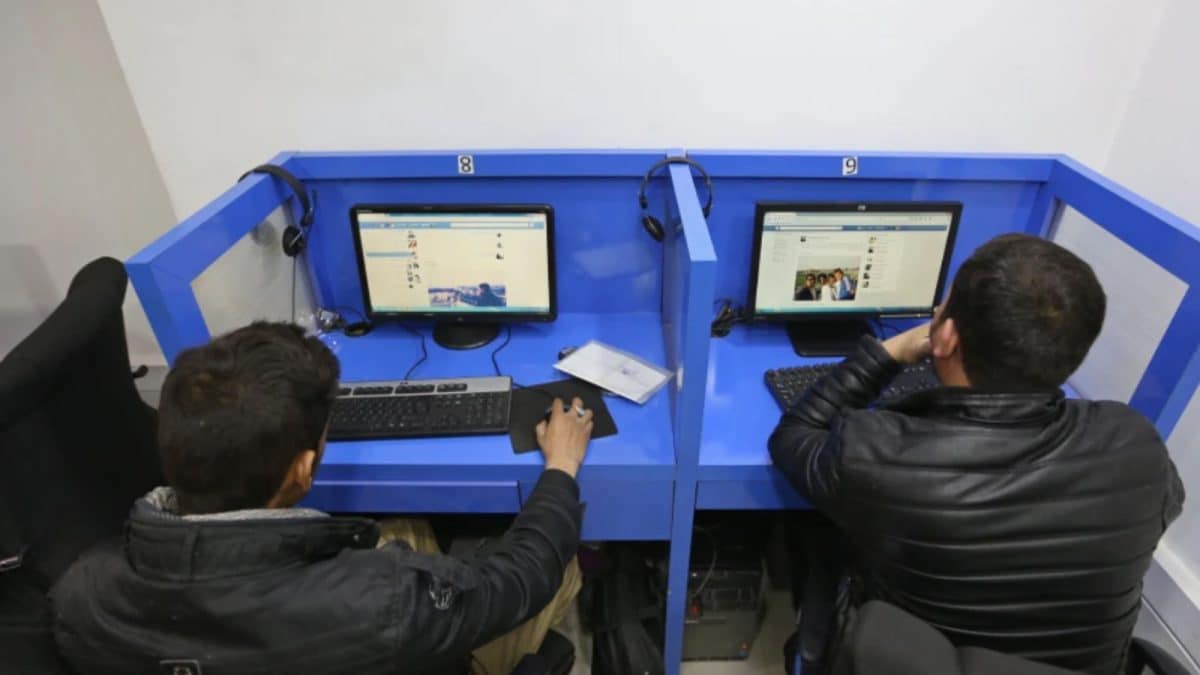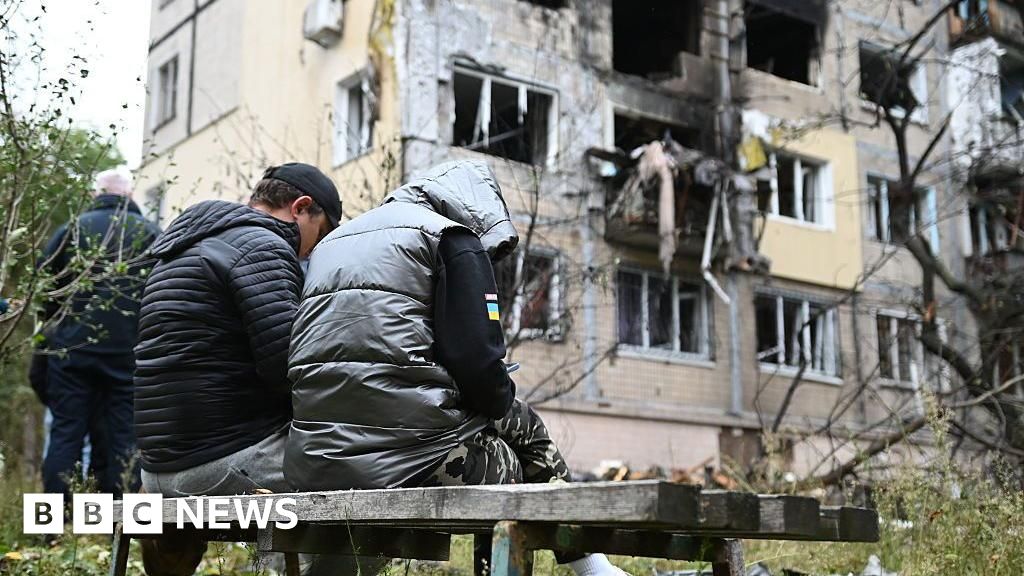Last Updated:
The Taliban has imposed a ban on fibre-optic internet services in multiple Afghan provinces, effectively shutting down high-speed WiFi networks across the country.

(In this Feb. 10, 2016 photo, Afghanis access social media websites at a private internet cafe in Kabul, Afghanistan.)
Afghanistan is witnessing a communication blackout after the Taliban shut down the internet. Confirming the same, cybersecurity and internet governance watchdog Netblocks said on Monday that the decision by the Taliban has also affected the telephone services.
“Afghanistan is now in the midst of a total internet blackout as Taliban authorities move to implement morality measures, with multiple networks disconnected through the morning in a stepwise manner; telephone services are currently also impacted,” Netblocks said in a post on X.
Recommended Stories
The Taliban has imposed a ban on fibre-optic internet services in multiple Afghan provinces, effectively shutting down high-speed WiFi networks across the country.
Officials say the ban was ordered by Taliban leader Hibatullah Akhundzada and justified as a measure to “prevent immorality.” The first province to experience a full shutdown was Balkh, where all internet via cable was cut off, affecting homes, businesses, government offices, and public institutions.
The shutdown has hit women and girls particularly hard. Many had come to rely on online classes and remote work after formal schooling was restricted.
The shutdown of internet has severely affected lives of people, leaving thousands of homes, businesses, and schools cut off from affordable internet, forcing them to rely on expensive and unreliable mobile connections.
This is the first major internet disruption since the Taliban took control in 2021, though it has not yet affected the entire country.
For many, the blackout has been devastating. Sabrinna Hayat, who runs Hayat Handicrafts with nine women breadwinners, says their small business is struggling to stay afloat. The group makes firaq partug — traditional embroidered dresses — along with other handmade items, and previously received orders from both inside Afghanistan and abroad.
Now, with fibre internet gone, they are forced to depend on mobile data packages that cost three times more. “We have to keep recharging our phones to stay online and communicate with customers,” Sabrinna was quoted as saying by Reuters.
“It’s becoming impossible to manage, and we are losing orders because of the poor connection.”
About the Author

Anushka Vats is a Sub-Editor at News18.com with a passion for storytelling and a curiosity that extends beyond the newsroom. She covers both national and international news. For more stories, you can follow her…Read More
Anushka Vats is a Sub-Editor at News18.com with a passion for storytelling and a curiosity that extends beyond the newsroom. She covers both national and international news. For more stories, you can follow her… Read More
Afghanistan
September 29, 2025, 23:21 IST
Loading comments…
Read More



